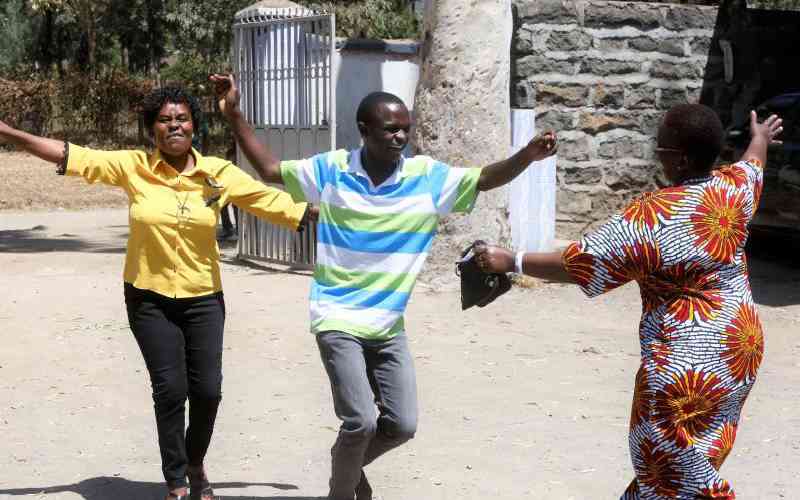
As expected, the recently released Kenya 2022 KCSE results has elicited raucous debates - some with overtones of impolite ethnic profiling - revolving around skewed normal curves, leakages, cheating, poaching of blue-chip high school principals, and so on.
The din has almost drowned two important features of this examination. One is our nation's addiction to the 'A' mean grade, a defeatist obsession which is bound to encourage cheating, and which greatly justifies the need to transit to the Competence-Based Curriculum (CBC).